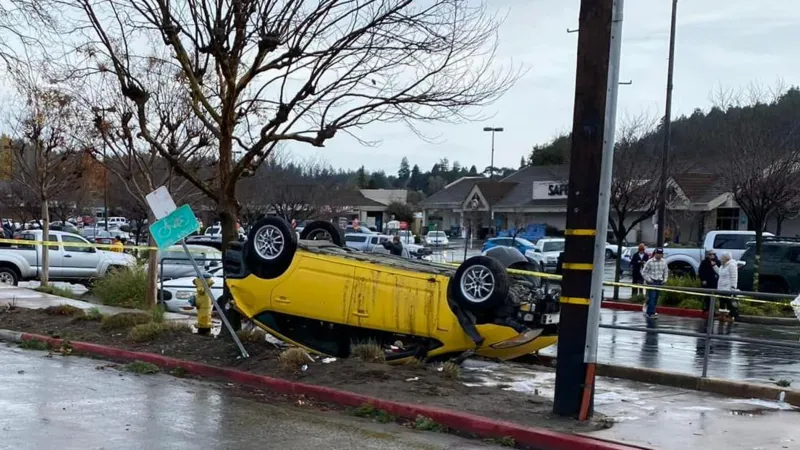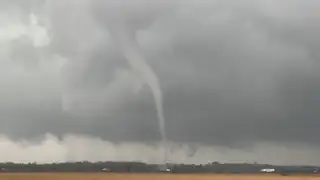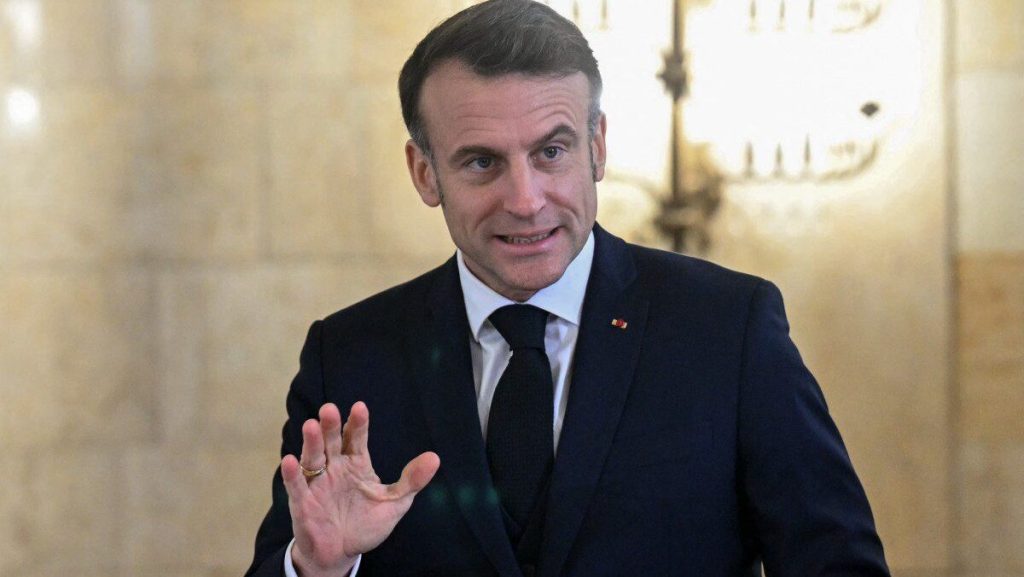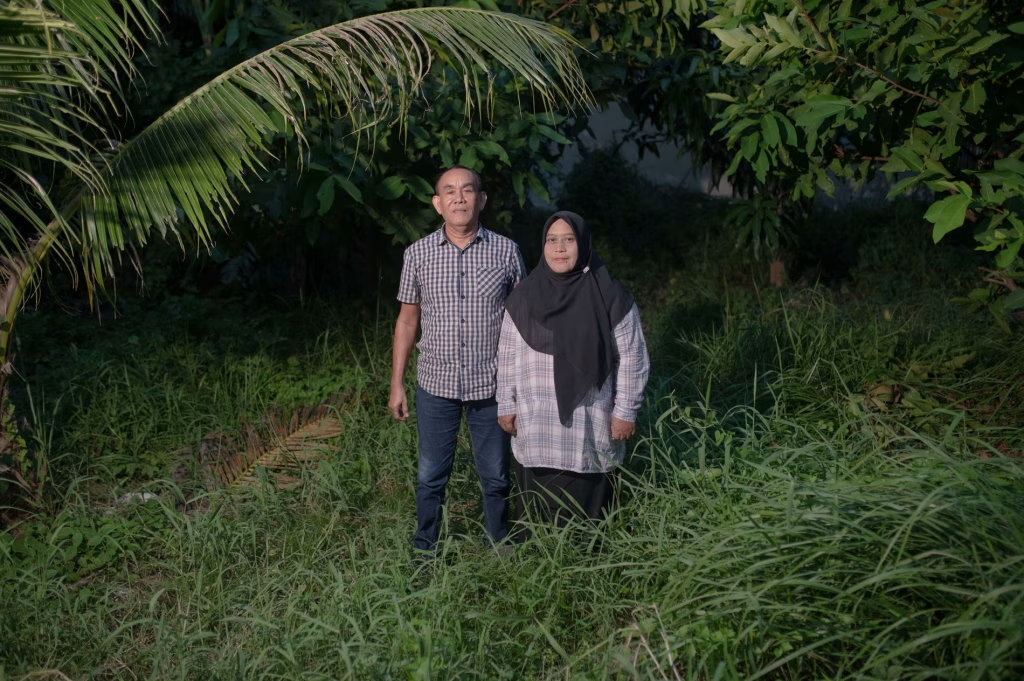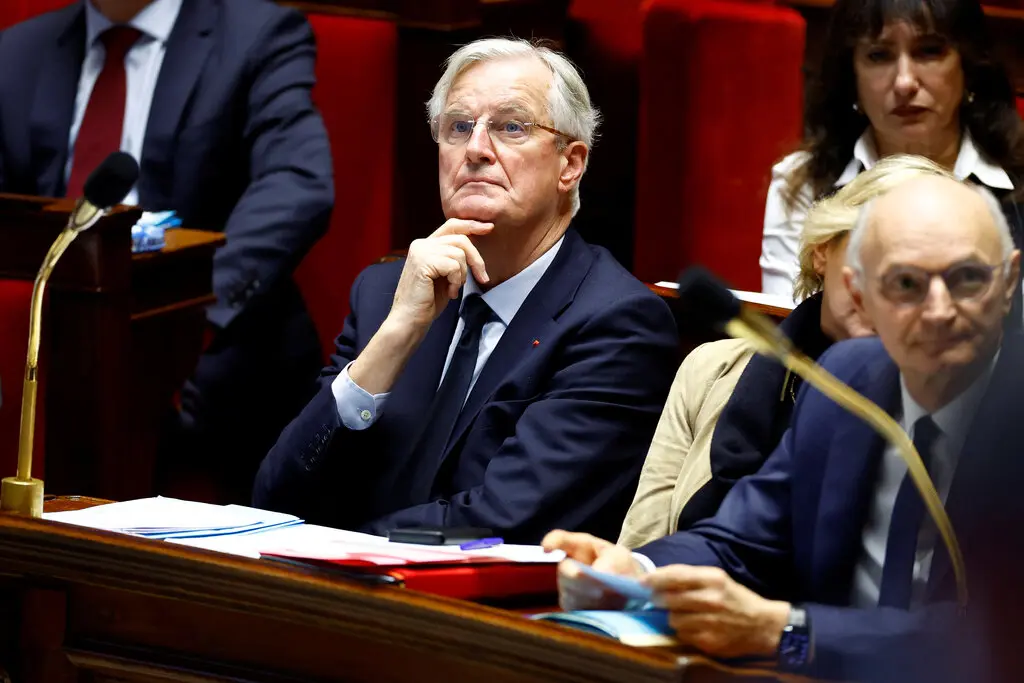French President Emmanuel Macron lands in Mayotte days after devastating cyclone
French President Emmanuel Macron arrived in Mayotte in the Indian Ocean just days after the region was hit by a devastating cyclone. His visit comes as the island grapples with the aftermath of the storm, which caused widespread damage and significant loss of life. Macron’s arrival is part of France’s efforts to show solidarity with the people of Mayotte and to assess the destruction firsthand, as the French government moves swiftly to provide aid and support for recovery efforts.
Devastation After the Cyclone
Mayotte, a French overseas department located between Madagascar and the coast of Mozambique, was struck by a powerful cyclone that wreaked havoc on the island. The storm, which hit unexpectedly, brought torrential rains, severe winds, and flash flooding, leaving behind a trail of destruction. Homes were destroyed, infrastructure was damaged, and local communities were displaced.
Initial reports indicated that the cyclone had claimed the lives of several people, with dozens more injured. The storm caused widespread power outages and disrupted vital services, including transportation and communication. The devastation was especially severe in the island’s most vulnerable areas, where informal settlements and poorly constructed homes were particularly susceptible to the storm’s force.
In addition to the human toll, the cyclone also led to significant damage to the island’s agricultural sector, which plays a crucial role in the local economy. Farms were flooded, crops were destroyed, and livestock were lost, leaving many residents facing economic hardship in the wake of the disaster. Local authorities immediately began emergency response operations, but the scale of the damage required additional support from the French government.
Macron’s Response and Visit
Upon arriving in Mayotte, President Macron immediately addressed the island’s residents and local officials, expressing his condolences for the lives lost and his solidarity with the community. He promised swift and comprehensive aid to help the island recover from the disaster and pledged that France would stand by Mayotte during this difficult time.
Macron’s visit is symbolic, demonstrating France’s commitment to supporting its overseas territories during times of crisis. The president is expected to meet with local leaders, emergency responders, and residents to assess the damage and discuss the immediate and long-term recovery efforts. Macron’s visit is seen as an important step in bringing attention to the challenges faced by Mayotte, which often struggles to receive the same level of attention and resources as mainland France.
During his visit, Macron also highlighted the importance of improving Mayotte’s resilience to future natural disasters. He noted that the region’s vulnerability to cyclones and other extreme weather events is a growing concern, and emphasized the need for greater investment in infrastructure and disaster preparedness. The French government has committed to improving the island’s defenses against future storms, including strengthening buildings, improving drainage systems, and enhancing emergency response capabilities.
France’s Support and Aid Efforts
In the wake of the cyclone, the French government has mobilized a large-scale relief operation to provide immediate assistance to those affected by the storm. This includes deploying emergency response teams, distributing food and water, and providing medical care to the injured. In addition, the government has pledged to send additional supplies and equipment to support the recovery efforts in the coming weeks.
Macron’s government has also announced that financial aid will be provided to help residents rebuild their homes and businesses. The president has assured the people of Mayotte that they will not be left to face the aftermath of the disaster alone and that the French state will do everything in its power to support the island’s recovery.
In addition to immediate relief efforts, France is working with local authorities to assess the long-term needs of Mayotte. This includes evaluating the damage to critical infrastructure, such as roads, schools, and healthcare facilities, and developing plans for rebuilding and improving these facilities. France has committed to investing in the island’s future by addressing long-standing issues related to housing, healthcare, and education, which were already a concern before the cyclone struck.
Local Reactions and Challenges
While many residents have expressed gratitude for the aid and support coming from the French government, there are also concerns about the island’s long-term needs. Mayotte has long faced challenges related to poverty, underdevelopment, and a lack of resources. Many locals are worried that the recovery efforts will be insufficient to address these underlying issues, and that Mayotte’s vulnerability to future disasters will remain a major challenge.
Local leaders have called for increased investment in the island’s infrastructure and social services to help improve resilience and reduce poverty. There are also concerns about the impact of the cyclone on the island’s fragile economy, with many small businesses and farmers facing significant losses. Macron has pledged to work closely with local officials to ensure that recovery efforts address both immediate needs and long-term development goals.
One of the challenges facing the recovery process is the island’s geographic location and limited access to resources. Mayotte is located in a remote part of the Indian Ocean, and getting supplies to the island can be difficult, especially in the aftermath of a major storm. The French government has been working to overcome these logistical challenges by utilizing France’s military and other resources to deliver aid as quickly as possible.
A Growing Threat of Climate Change
Macron’s visit and the subsequent relief efforts also underscore the growing threat of climate change to vulnerable regions like Mayotte. The island, like many other coastal areas, is increasingly exposed to extreme weather events, including cyclones, storms, and flooding. Climate scientists have warned that such events will become more frequent and more severe in the coming years as global temperatures rise.
Macron has been vocal about the need for international action on climate change and has called for stronger efforts to limit global warming and reduce carbon emissions. In the context of Mayotte, he emphasized the importance of adapting to the changing climate by building more resilient infrastructure and improving disaster preparedness. The cyclone in Mayotte serves as a stark reminder of the urgent need for action on climate change, particularly in regions that are already vulnerable to its effects.
French President Emmanuel Macron’s visit to Mayotte comes at a critical time as the island recovers from the devastating impact of a recent cyclone. The French government has pledged immediate aid and long-term support to help rebuild the island’s infrastructure and economy. Macron’s presence on the island highlights France’s commitment to its overseas territories and underscores the importance of addressing the challenges posed by climate change. As Mayotte begins the difficult process of recovery, the focus will now shift to ensuring that the island is better prepared for future disasters and that its residents receive the support they need to rebuild their lives.


